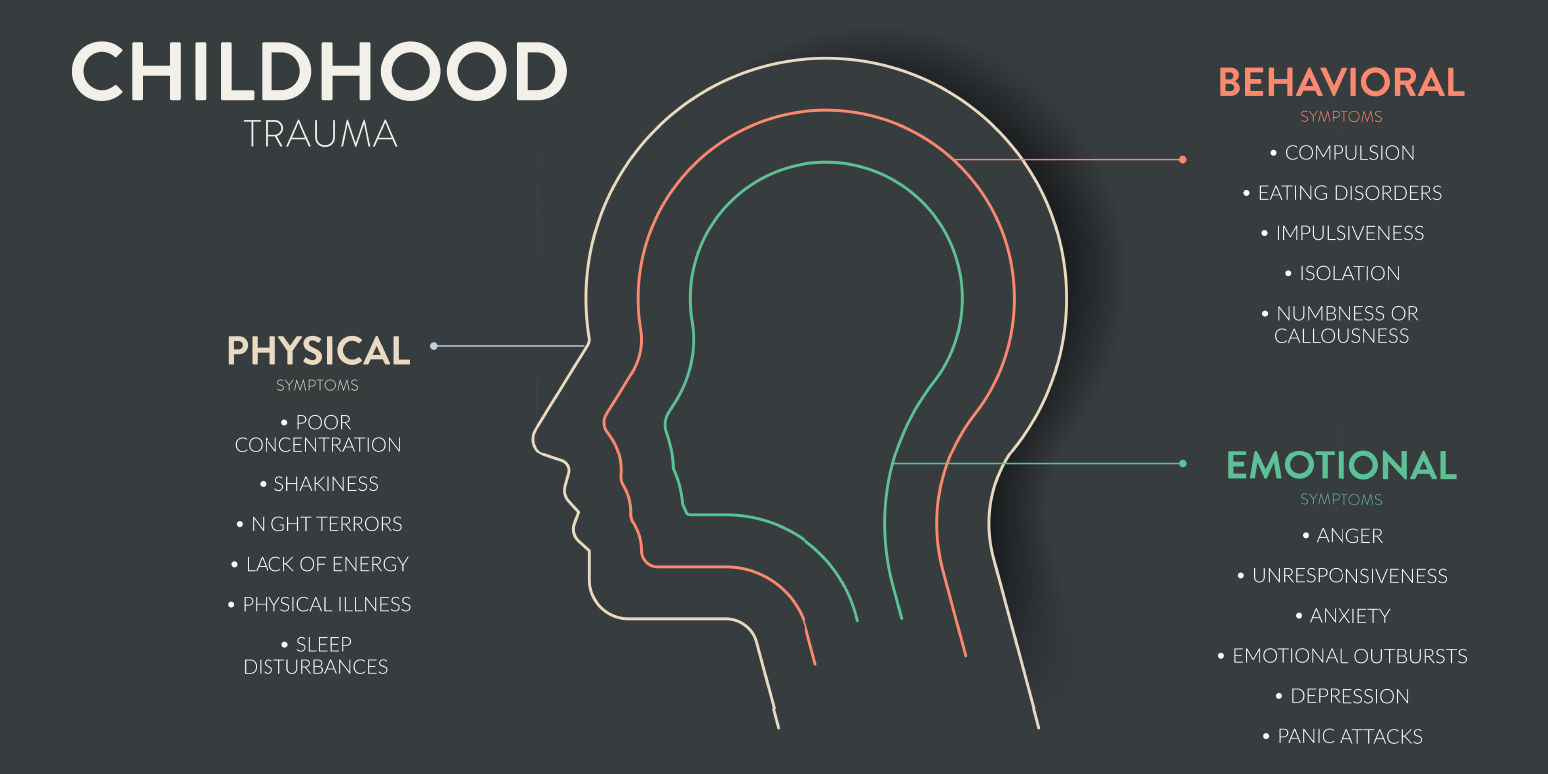Written by Judge Kim Dowling
I thought it would be helpful and informative to share with all of you about work the Courts are doing to improve the justice system and help those who come to Court. Both the need and the solution require understanding trauma.
We all experience trauma in our lives. “Adverse childhood experiences” (ACE’s) are the traumatic events that harm our children. Those traumatic ACE’s can include experiencing violence, abuse or neglect; witnessing violence in the home; a family member’s suicide, living in a household with substance use issues, mental health issues; or instability due to a parent separating by being in prison or any other reason.
The amount of trauma you have suffered can be revealed by taking the ACE’s test, which can be at the link below.
One study cited by the CDC showed nearly 2 out of 3 adults reported experiencing at least 1 ACE before the age of 18. One in six had experienced four or more types of ACE’s.
ACE’s have long-term impacts on health, childhood well-being, and life opportunities—like education and job potential—well into adulthood. Folks who suffer trauma have increased risks of injury, sexually transmitted infections, sex trafficking victimization, teen pregnancy, pregnancy complications, fetal death, and chronic illnesses like diabetes, cancer, heart disease, and suicide.
Children who grow up in chronic stress may have difficulty in forming and establishing stable, long-term relationships. They may grow into adults with unstable work histories and struggle with their finances. Many become adults who struggle with mental illness, and, sadly, pass those issues on to their children.
The Indiana Office of Court Services has developed a course of training for all Indiana judges, allowing me to receive great training. I am also a member of the National Council of Juvenile and Family Court Judges (NCJFCJ), which has also developed tools for family and juvenile judges to use in our courts. In future blog entries I will be sharing with all of you the important work we are doing every day to address trauma for adults and juveniles in the Delaware Circuit Court 2 and Juvenile Court. Those efforts improve lives and reduce crime.
